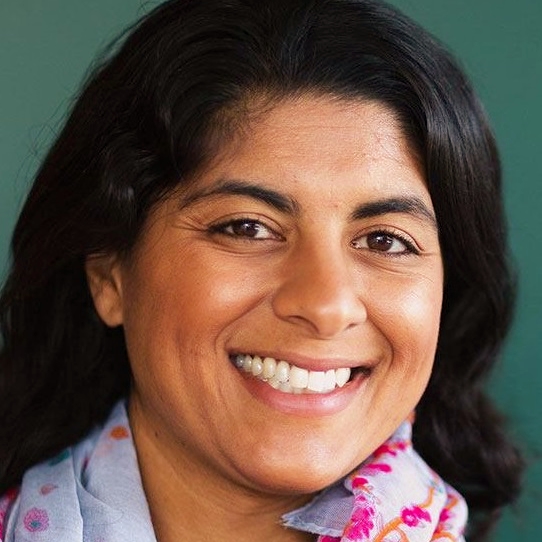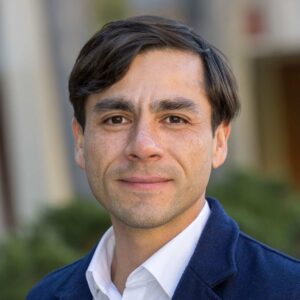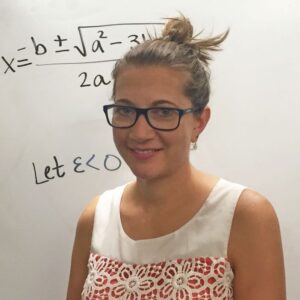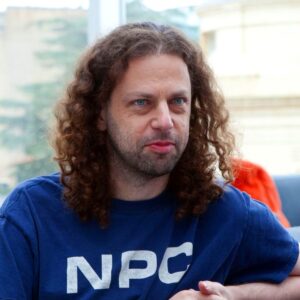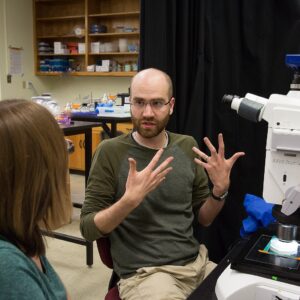What is Data Theory?
To understand what Data Theory is we need to start with Data Science. The purpose of Data Science is to design, construct, apply and evaluate techniques for analyzing data. The data can be of any type – qualitative, quantitative, visual – and be collected through a variety of means through sensors, machines, self-reports, or random samples. The motivation can be scientific, commercial, legal, or policy.
In brief, Data Science addresses the question: “How to model and learn from data?” In response to the recent historic levels of growth in the amount and availability of data, Data Science has rapidly developed new methodological approaches to improve medical imaging, increase on-line sales, improve computer-generated imagery in movies and animation, improve climate models and weather forecasting, and create more realistic chatbots.
Data Theory is necessary because this asounding growth in Data Science has outstripped the rigorous understanding of the statistical and mathematical foundations that underlie these methods. Without these, data scientists may lack the understanding to deal with the plethora of problems they will face.
Data Theory partners the Departments of Statistics & Data Science with Mathematics so that students develop a deep understanding of the theory and practice that underlies Data Science. The Department of Statistics and Data Science is devoted to furthering the science of data, and faculty research focuses on statistical and machine learning, computational statistics, computational biology, social statistics, environmetrics, applied statistics, business and education. It provides a multidisciplinary, integrative environment that immerse students in theory, application and computation – the foundations of data science.
The Department of Mathematics is a world leader in applied mathematics and data science, with faculty research in the theory and applications of machine learning, optimization, scientific computation, networks, natural-language processing, and topological data analysis. Applications that mathematics pursue with these tools include fair machine learning, knowledge graphs, opinion and disease spread, granular materials, resource coverage, and more.
Together these two departments are working together to make Data Theory central to our teaching and research missions. Through the Data Theory Major, our events and research activities, we wish to promote Data Theory ideas throughout Data Science.
Data Theory Advisory Board
The Data Theory Advisory Board is a diverse advisory group of professionals, many from industries being transformed by data science. Board members work in areas where innovative ideas and methods are developed to meet real-world challenges. The purpose of the Board is to keep Data Theory at UCLA connected to developments in industry.

Michael Aguiling
Strategic Data Advisor

Sandeep Bhasin
SVP, Global Head of Client Data & Analytics, Capital Group
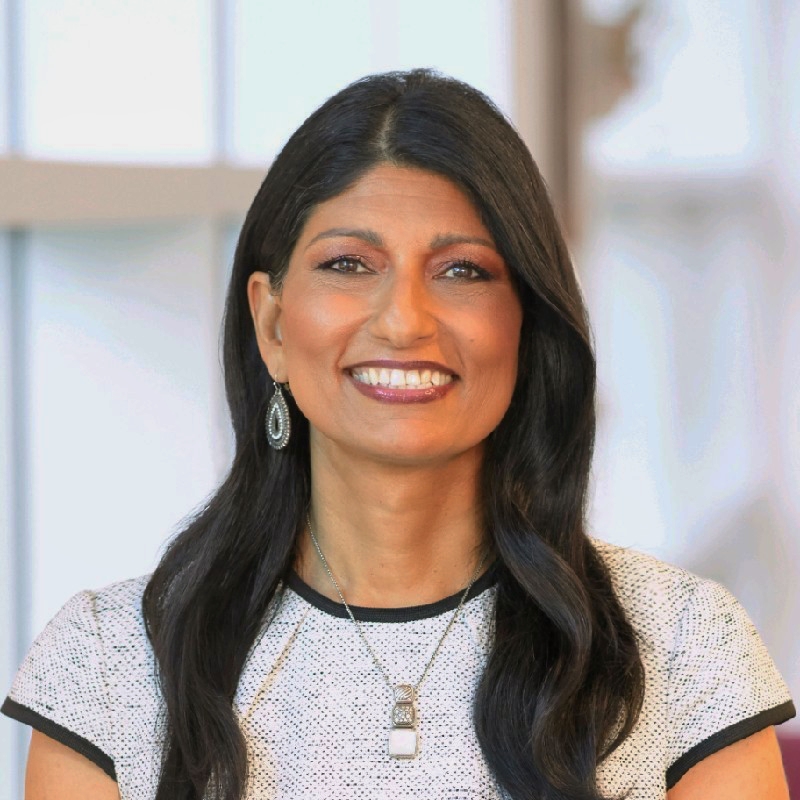
Prama Bhatt
Chief Digital Officer, Ulta Beauty

Kirk Dunn
Chair of the Data Theory Advisory Board; Entrepreneur, Philanthropist, UCLA Math Alum 83′
